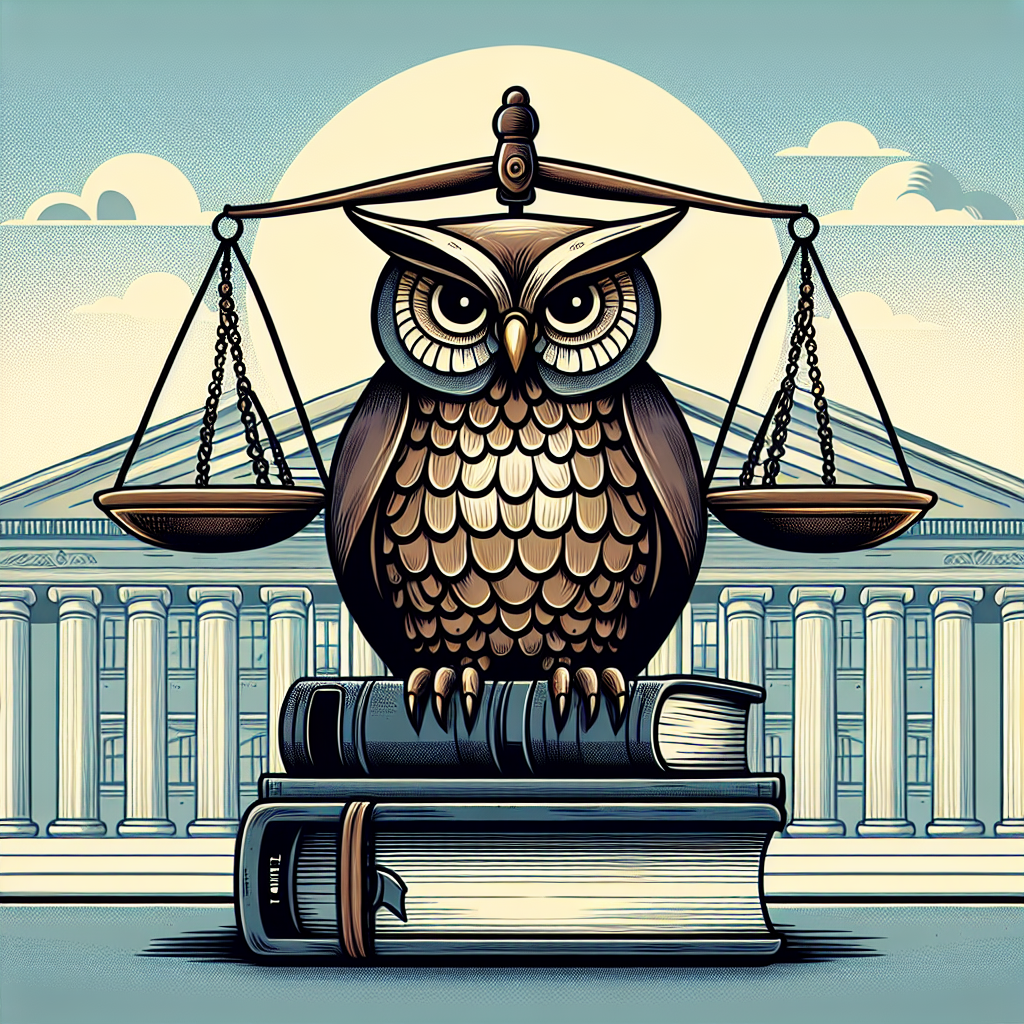Supreme Court Ruling Complicates Capitol Riot Obstruction Charges
The Supreme Court has made it harder to charge Capitol riot defendants with obstruction, requiring proof of document tampering or destruction. The decision impacts around 350 defendants, with implications for former President Donald Trump's charges. The ruling returns former officer Joseph Fischer's case to a lower court for reassessment.

- Country:
- United States
The Supreme Court on Friday issued a landmark ruling, tightening the criteria to charge Capitol riot defendants with obstruction. This charge, also applied to former President Donald Trump, now requires concrete evidence of document tampering or destruction.
Enacted in 2002, the obstruction charge was originally in response to the Enron scandal. Only a fraction of those involved in the violent January 6th, 2021 attack on the Capitol meet this stringent criterion.
While the ruling fuels claims by Trump and Republican allies of unfair treatment by the Justice Department, its effect on Trump's case remains uncertain. Special counsel Jack Smith has indicated that charges faced by Trump would remain unaffected.
The high court remanded former Pennsylvania police officer Joseph Fischer's case to a lower court to determine if the obstruction charges apply. Fischer disrupted Congress' certification of Joe Biden's 2020 election victory and is one of 350 people charged with obstruction, many of whom pleaded guilty to or were convicted of lesser charges.
Approximately 170 defendants were convicted of obstruction related to the January 6th session, including leaders of extremist groups. Appeals and delayed sentencings have left some rioters, like Kevin Seefried, in legal limbo. Others have won early release from prison while awaiting the Supreme Court's decision.
US District Judge Dabney Friedrich supported the obstruction charge's broad application, while Judge Carl Nichols dismissed it as overreach. The divided Federal Appeals Court in Washington reinstated the charge before the Supreme Court's review.
More than 1,400 individuals faced federal charges related to the Capitol riot. About 1,000 have either pleaded guilty or were convicted. Despite the ruling's impact, the US attorney's office in Washington asserts that no one charged or convicted of obstruction will be entirely exonerated. For around 50 individuals, obstruction was the sole felony, with approximately two dozen still serving sentences likely affected by the ruling.
(This story has not been edited by Devdiscourse staff and is auto-generated from a syndicated feed.)
ALSO READ
BJP Demands Justice After Tamil Nadu Hooch Tragedy
Family Seeks Justice for Extradited Indian Accused of Plotting U.S. Murder
"Govt won't let any injustice happen to lakhs of students": Sudhanshu Trivedi on NEET and UGC-NET row
Justice Prevails: Kejriwal Secures Bail in Controversial Money Laundering Case
Jamiat Ulema-e-Hind Calls for Swift Justice Post Aligarh Lynching










